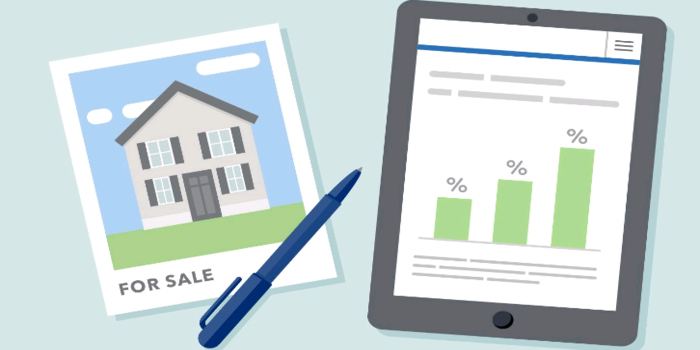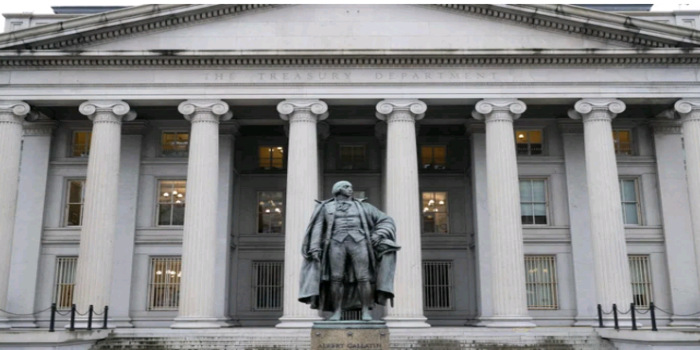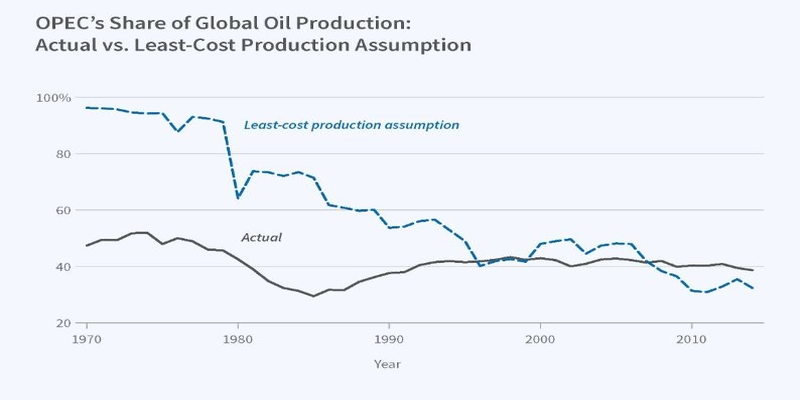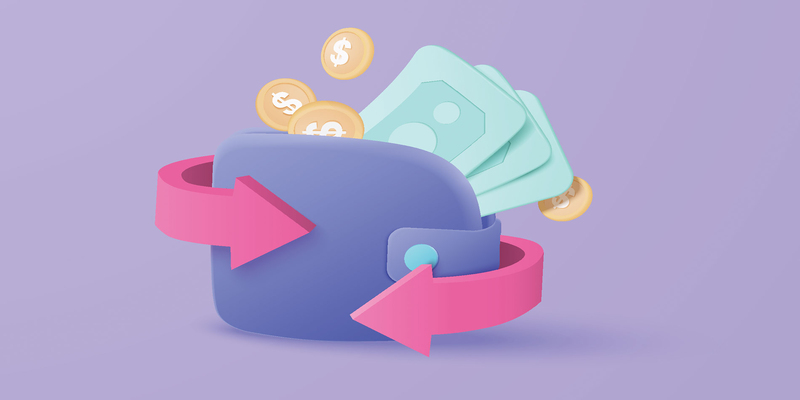A Guide To The Most Important Factors Affecting Mortgage Rates
A mortgage is a loan to purchase a home that is paid back to the lender in monthly or annual installments. The loan is structured in a way that allows the borrower to pay back the loan on a regular basis. Mortgage interest rates impact your long-term financing costs when purchasing a home.
But mortgage borrowers want to get the best mortgage interest rates possible. Mortgage lenders need to manage their risk by charging the best interest rates possible.
The best mortgage interest rates are available only to borrowers with the best credit history. While borrowers financial health impacts the interest rate theyll receive on a loan, the entire mortgage rate universe is affected by economic conditions and government monetary policy.
Hit this article to find out more about the most important factors affecting mortgage rates.
5 Factors Influencing Mortgage Rates

Credit Scores
One of the factors that influences your interest rate is your credit score. Generally speaking, people with high credit scores tend to get a lower interest rate than people with low credit scores. Mortgage lenders use your credit score to determine how reliable you are in making payments on your loan.
Your credit score is calculated based on the information on your credit report. Your credit report contains information about your loan history, credit card history, and your payment history. Before you begin shopping for a mortgage, it is essential to review your credit and credit reports. Check for errors and dispute them with your credit reporting company if you find any.
High Inflation
 Mortgage interest rates can also be affected by other economic factors. Inflation, the Federal Funds Rate, and the overall economic conditions can also affect mortgage interest rates. For instance, the Federal Reserve can lower the federal funds rate. Therefore, mortgage interest rates can also go down. When the economy is doing well, interest rates tend to go up due to an increase in demand for credit.
Mortgage interest rates can also be affected by other economic factors. Inflation, the Federal Funds Rate, and the overall economic conditions can also affect mortgage interest rates. For instance, the Federal Reserve can lower the federal funds rate. Therefore, mortgage interest rates can also go down. When the economy is doing well, interest rates tend to go up due to an increase in demand for credit.
Inflation is a gradual increase in prices that reflects the state of the economy and is one of the most important things for mortgage lenders to keep in mind. Over time, inflation erodes the dollar's purchasing power.
As a result, mortgage lenders must keep interest rates low enough to compensate for the loss of purchasing power due to inflation to make sure that their interest income represents real net income.
Loan Term
The length of the loan is the length of time you have to pay it back. Generally, shorter-term loans offer lower interest rates, lower total costs, and higher monthly payments than longer-term loans. The reason for this is that lenders assume less risk with shorter-term loans so that they can offer lower interest rates.
The exact amount of the lower interest rate and the higher monthly payments will depend on the length and interest rate of the loan you are considering. For instance, in 2021, the average 30-year fixed rate was 2.96%/year, and 15-year loans averaged 2.27%/year.
Market Conditions

Market trends and conditions also impact mortgage rates. For example, when fewer houses are being constructed or offered for sale, the decrease in home buying leads to a decrease in mortgage demand and lowers interest rates.
Higher wages and higher consumer spending are good for a countrys economy, but when consumer demand for mortgage loans increases, mortgage rates tend to rise. The reason for this is that lenders have limited capital to lend. When the economy slows, employment and wages decrease, leading to lower demand for home loans. This puts downward pressure on mortgage lenders interest rates.
Down payment
The amount of your down payment also has an impact on your interest rate. Lenders may view a higher down payment as a sign that you are a less risky borrower, which can lead to lower interest rates. On the other hand, a lower down payment can lead to a higher interest rate as lenders view you as a more risky borrower.
If you cant afford to put down 20% or more, most lenders will require you to buy mortgage insurance, also called private mortgage insurance or PMI. Mortgage insurance protects the lender if a borrower defaults on their loan. Mortgage insurance adds to the monthly cost of your mortgage loan.
What Is An Adjustable-Rate Mortgage (ARM)?
An adjustable-rate mortgage is a type of home loan that offers variable interest rates. The initial interest rate on an ARM home loan is fixed for a certain time. Then, the interest rate on the outstanding balance is reset on a yearly or even monthly basis.
If you take out an ARM mortgage, your interest rates and monthly payments can fluctuate. These loans are fixed for an initial term of 3, 5, 7, or 10 years. Once the term is up, your rate increases or decreases based on a market index tied to the loan.
Most adjustable-rate mortgages come with rate limits, which limit how much your interest rate can go up initially, each year, and over the term of the loan. Rate limits can vary between lenders, so its important to compare several companies if youre thinking about getting an ARM loan.
Conclusion
Several factors determine mortgage interest rates. Understanding these factors will help you shop for the best mortgage loan and interest rate for you and your financial situation. The interest rate will also be affected by a borrowers credit score, so make sure yours is as strong as possible. Not all of these factors can affect your mortgage interest rate.
However, understanding how mortgage interest rates are determined will help you make informed decisions when shopping for a mortgage. We hope this article on the most important factors affecting mortgage rates helps you out in this regard.













